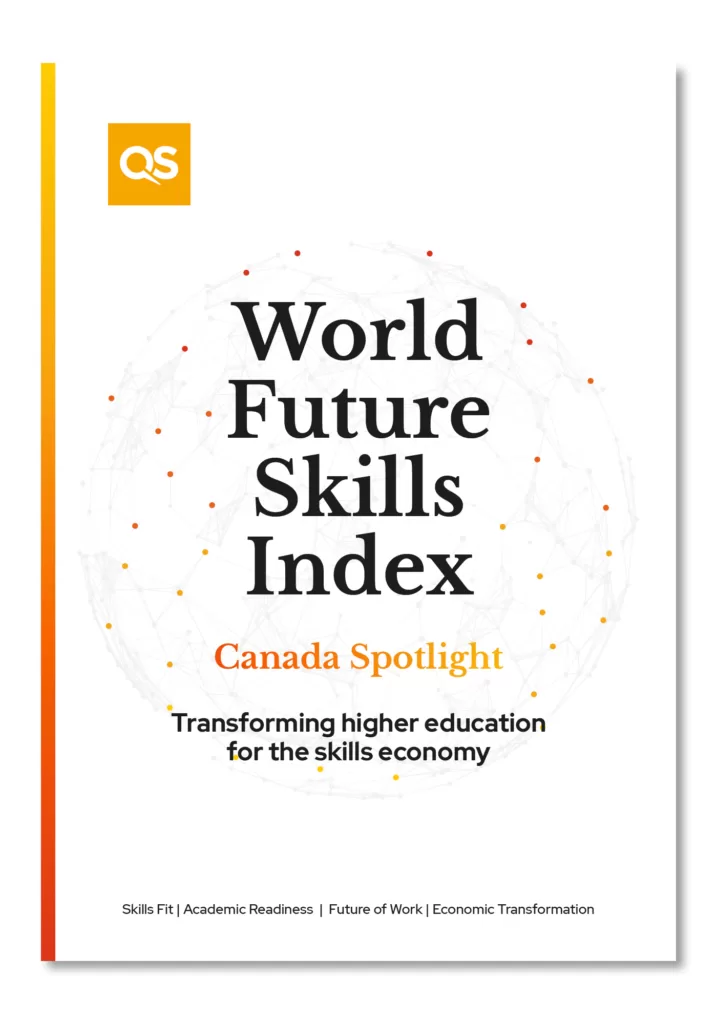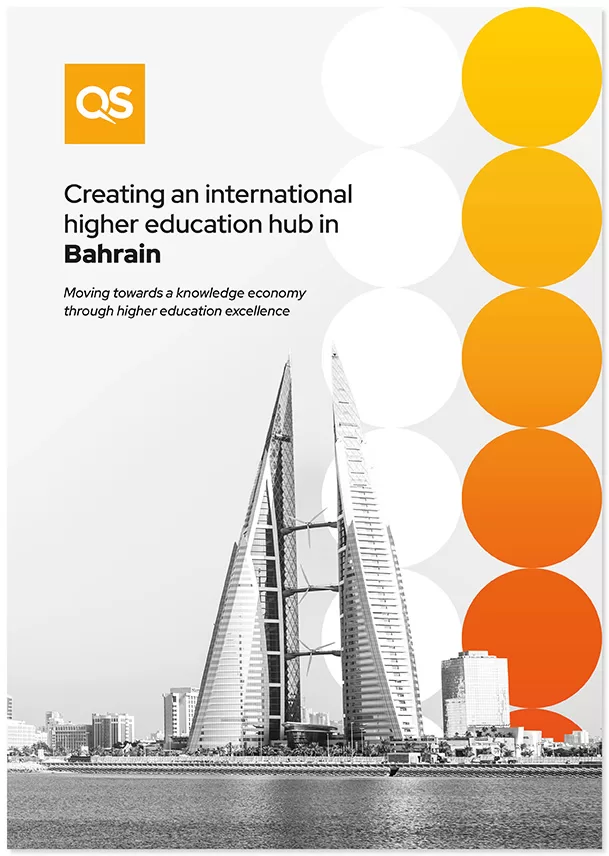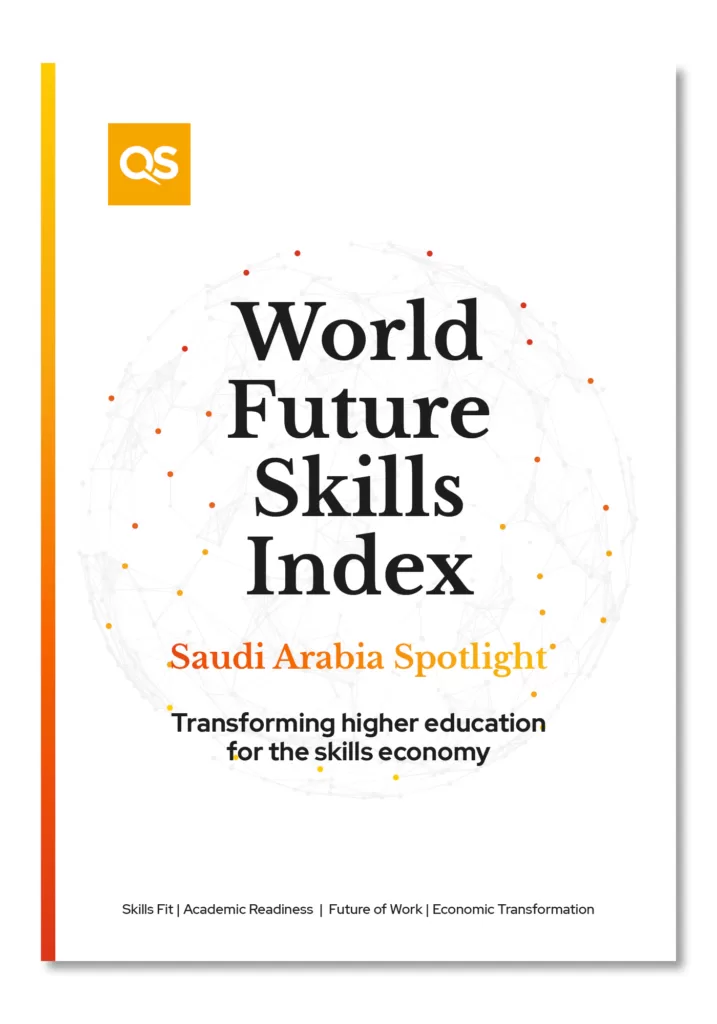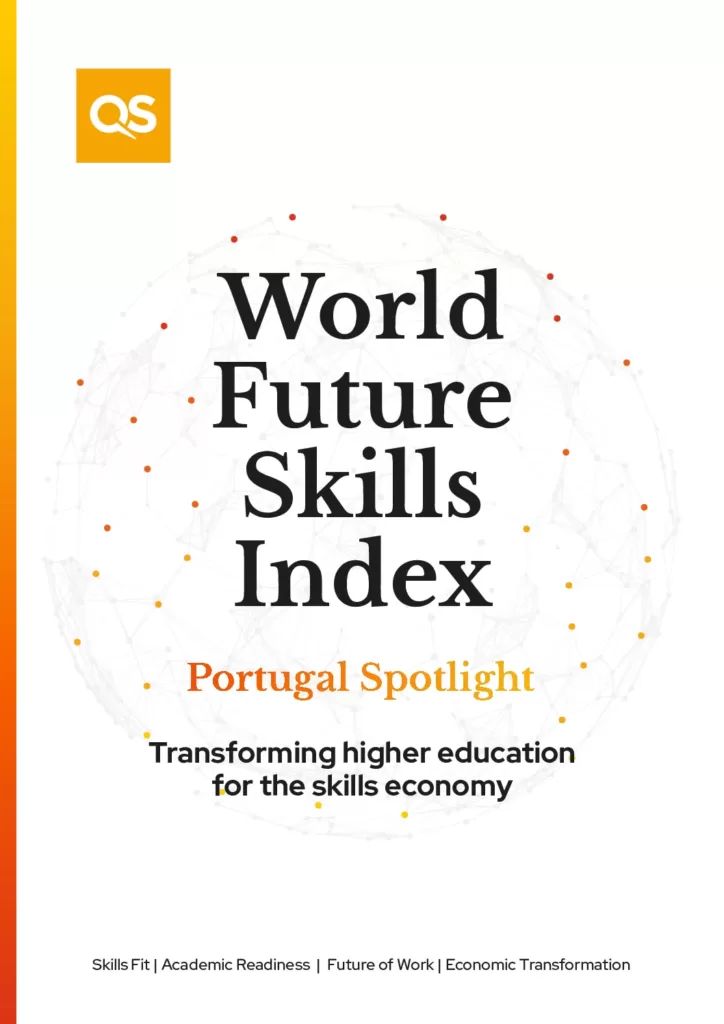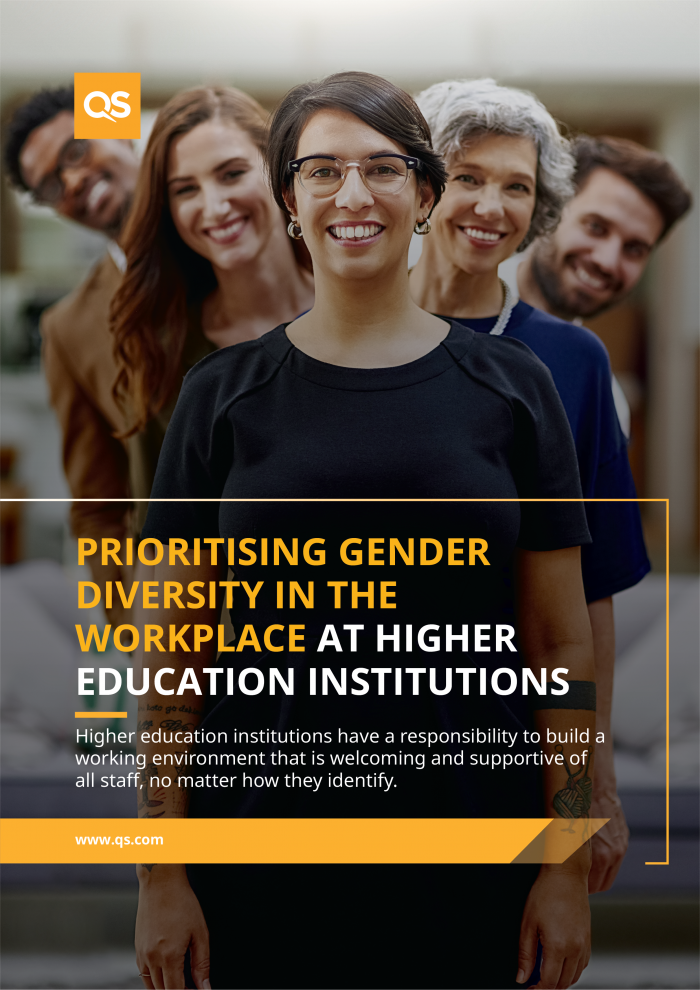
The global higher education sector has an important role to play in promoting, prioritising and supporting gender diversity in all facets of the industry.
Women and transgender and non-binary individuals still face significant barriers to success within the higher education sector.
This report will detail how the higher education sector can address these barriers and promote gender diversity, exploring areas such as:
- The current state of gender diversity amongst staff in higher education
- The available data which exposes these inequalities
- The critical importance of these issues and the positive ripple effects of a gender-diverse workplace
- How higher education institutions can prioritise and invest in gender diversity
Please fill out the short form to download your free copy of the report now.
